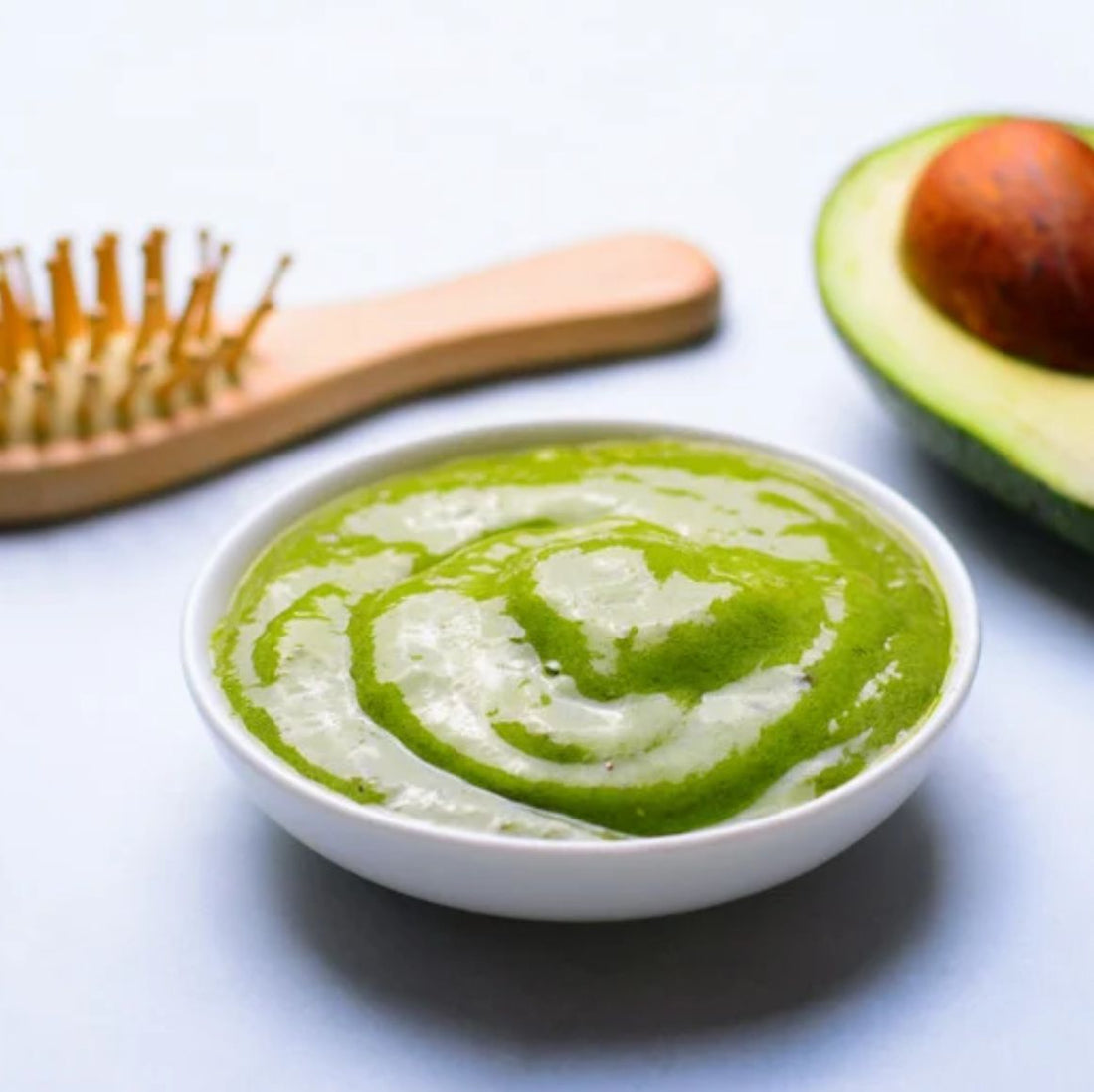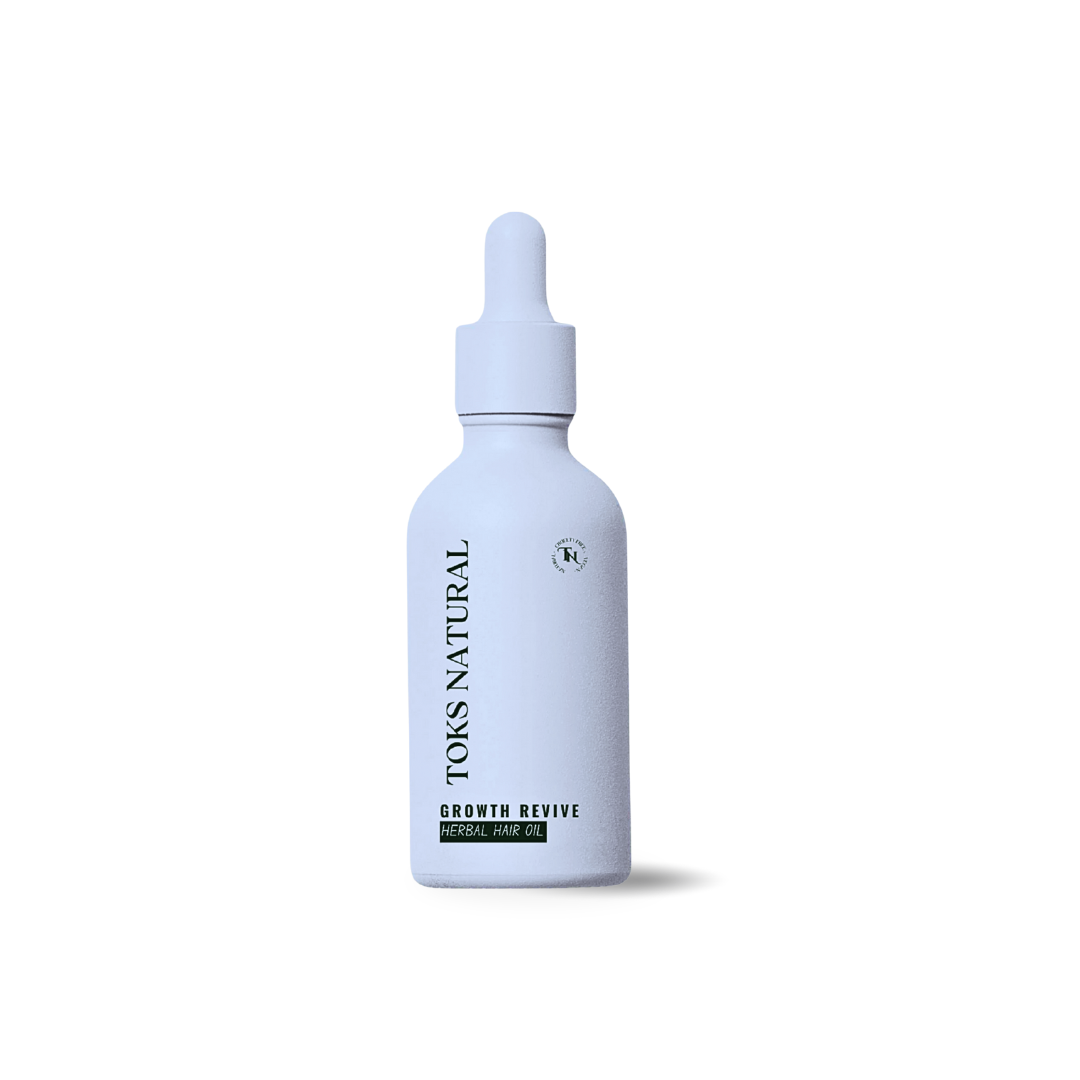
Nourishing Hair: DIY Natural Hair Masks for Stronger Strands
Share
In the quest for healthier, stronger hair, nature has given us an abundance of ingredients that work wonders. Say goodbye to chemical-laden treatments and embrace the nourishing benefits of DIY natural hair masks. This post explores the amazing benefits of ingredients like avocado, honey, coconut oil, and more. Get ready to enjoy healthier, shinier hair with these easy-to-make hair mask recipes.
Understanding the Benefits of Each Ingredient
Before we dive into the recipes, let’s take a closer look at the key ingredients and why they’re so effective for hair health:
- Avocado: Rich in vitamins E and B, biotin, and healthy fats, avocado deeply moisturizes hair, strengthens the hair shaft, and prevents breakage.
- Honey: A natural humectant, honey draws moisture into the hair, making it ideal for hydration and combating dryness.
- Coconut Oil: Known for its deep conditioning properties, coconut oil penetrates the hair shaft to repair damage and add shine.
- Aloe Vera: Aloe vera is soothing and anti-inflammatory, making it perfect for irritated scalps. It also contains proteolytic enzymes that repair dead skin cells on the scalp.
- Fenugreek: This powerhouse ingredient contains proteins and nicotinic acid, which are essential for hair growth and strengthening hair follicles.
- Rosemary Oil: Rosemary essential oil is celebrated for promoting hair growth and improving circulation to the scalp, which nourishes hair follicles and can help prevent dandruff.
By understanding the benefits of each ingredient, you can choose the right combination for your hair’s unique needs.
DIY Natural Hair Masks for Healthier Hair
Here are some versatile hair masks using these powerful ingredients:
Avocado & Honey Hydration Boost
Ingredients:
- 1 ripe avocado
- 2 tablespoons honey
- 1 tablespoon olive oil
Method:
- Mash the ripe avocado until smooth.
- Add honey and olive oil, mixing thoroughly.
- Apply the mask to damp hair, covering from roots to ends.
- Leave it on for 30–45 minutes.
- Rinse with lukewarm water and a gentle sulfate-free shampoo.
This mask is excellent for dry and brittle hair, helping to infuse moisture and prevent breakage.
Coconut & Banana Strength Mask
Ingredients:
- 1 ripe banana
- 3 tablespoons coconut milk
- 1 tablespoon honey
Method:
- Blend the ripe banana until it forms a creamy consistency.
- Add coconut milk and honey, blending until smooth.
- Apply the mask to dry or damp hair.
- Leave it on for 20–30 minutes.
- Rinse thoroughly with lukewarm water and mild shampoo.
Banana is full of potassium and natural oils, making it ideal for strengthening and smoothing frizzy hair.
Aloe Vera & Castor Oil Repair Remedy
Ingredients:
- 3 tablespoons aloe vera gel
- 2 tablespoons castor oil
- 1 egg yolk
Method:
- Combine aloe vera gel, castor oil, and egg yolk.
- Whisk the ingredients together until well blended.
- Apply the mixture to damp hair, focusing on the scalp and ends.
- Cover with a shower cap and leave it on for 30–40 minutes.
- Rinse with cool water and a mild shampoo.
This mask promotes hair growth and adds volume to thin hair, thanks to castor oil’s nourishing properties and the strengthening effects of egg yolk.
Yogurt & Fenugreek Vitalising Mask
Ingredients:
- 1/2 cup plain yogurt
- 2 tablespoons fenugreek powder
Method:
- Mix plain yogurt and fenugreek powder to form a paste.
- Apply the mask to clean, damp hair.
- Leave it on for 20–30 minutes.
- Rinse with lukewarm water and a sulfate-free shampoo.
Yogurt helps to cleanse the scalp, while fenugreek stimulates the scalp and strengthens hair follicles, making this mask ideal for those experiencing hair thinning.
Olive Oil & Rosemary Scalp Soothing Treatment
Ingredients:
- 2 tablespoons olive oil
- 1 teaspoon rosemary essential oil
Method:
- Combine olive oil and rosemary essential oil.
- Massage the mixture into the scalp, working it through the hair.
- Leave it on for 15–20 minutes.
- Rinse thoroughly and follow with a gentle shampoo.
This treatment is great for dry, itchy scalps and can help reduce dandruff and promote hair growth.
Customizing Masks for Different Hair Types
Different hair types have unique needs. Here’s how to modify these masks for specific hair types:
- Oily Hair: Add a teaspoon of lemon juice to help balance oil levels.
- Dry Hair: Increase the amount of hydrating ingredients, such as avocado or honey.
- Curly Hair: Curly hair can benefit from extra moisture and frizz control; add a few drops of argan oil or shea butter to any mask.
- Fine Hair: Use lighter oils like jojoba or grapeseed oil in place of coconut oil, as these won’t weigh hair down.
Essential Tips for Applying DIY Hair Masks
- Apply to Damp Hair: For most masks, damp hair absorbs nutrients more effectively.
- Use a Shower Cap: Covering your hair helps the mask retain heat, which can enhance absorption.
- Rinse with Lukewarm Water: Avoid hot water, which can strip hair of its natural oils and make it more prone to dryness.
- Limit Use: Stick to once a week to avoid over-conditioning, which can lead to a greasy scalp and weighed-down hair.
Additional Lifestyle Tips for Healthy Hair
Incorporating a few healthy lifestyle practices can make a big difference:
- Hydration: Drink plenty of water daily to keep hair hydrated from the inside out.
- Balanced Diet: Include foods high in vitamins A, E, and B7 (biotin), like nuts, seeds, leafy greens, and fish.
- Reduce Heat Styling: Limit the use of heat tools, which can weaken hair over time.
- Sleep on Silk: Use a silk pillowcase to minimize friction, which can cause hair breakage and frizz.
FAQ on DIY Hair Masks
1. How often should I use a hair mask?
Once a week is generally recommended, but for very dry hair, you can increase this to twice weekly.
2. Can I store leftover mask mixtures?
Freshly made masks are best. Store unused portions in an airtight container in the fridge for up to 2 days.
3. Are there any ingredients I should avoid mixing?
Avoid mixing acidic ingredients (like lemon juice) with eggs, as they may cause the egg to curdle.
4. How long should I leave the mask on my hair?
Most masks can be left on for 20–45 minutes, depending on the ingredients. Always follow with a thorough rinse.
5. Can I use these masks on chemically-treated hair?
Yes! In fact, these masks are especially beneficial for color-treated or chemically-straightened hair. Just be sure to patch test to ensure there’s no irritation.
Conclusion
These DIY natural hair masks offer more than just a temporary beauty boost—they provide deep nourishment, helping to restore and strengthen hair over time. Whether you’re addressing dryness, thinning, or dullness, experimenting with these natural masks allows you to pamper your hair with ingredients you can trust. Embrace the beauty of natural hair care, and enjoy the transformation as your hair becomes healthier, shinier, and full of life.



